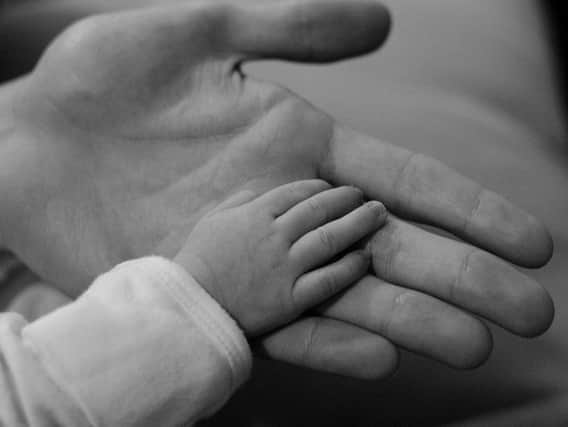How do I ensure my wealth is passed onto my family?


When you’ve worked hard all your life, it’s only natural to wish your pension to carry on paying out for the benefit of your spouse or family in the event of your death.
Thanks to changes in how pensions are taxed which came into force in 2015, more of your overall wealth can survive your death and provide for your loved ones.
So what’s the best course of action to ensure the best outcome?
It sounds simple, but first you must familiarise yourself with your existing pensions to ensure you know exactly what you’ve got, discover the value of them on your death and ensure each nomination is appropriate.
“If you are in a final salary scheme, your spouse is entitled to a set percentage on your death - it’s a fairly simple process,” explains Bob Hair, a wealth planning director at Cazenove Capital based in Edinburgh.
“But you do still need to make a nomination to ensure the trustees are aware of your relatives.
“Other people may have a collection of different pensions if they have set up private scheme - and we often find there’s no nomination in place.”
The danger of having no nomination is that the trustees of the pension have no clear evidence of who you intended to benefit.
This could result in the pension money ending up in your estate, where it would be subject to inheritance tax.
Bill said: “You’ve got to make sure you’re well organised. You must make a nomination, and explain to the pension trustees you would like them to consider this.
“Let’s take the example of someone who passes away who has a fund, they’ve been reasonably successful, but they also have other assets - which would mean they would pay inheritance tax.
“In that scenario, it’s possible for that money to be held in something like a self-invested pension, or a personal pension, and for the spouse to receive what we call beneficiary draw-down. There is also growing interest in this for those currently holding final salary pensions because of the ability to leave the fund to the next generation.
“If the parents die under the age of 75, the children would not need to pay any tax on the fund when accessing it. But none of that is possible unless mum or dad, who have got the pension, has nominated in the first place that a beneficiary draw-down fund should be considered.”
But what happens if no nomination is in place?
Bob explains: “It’s not that common that someone who has not drawn on their pension yet dies without nominating their spouse, as people are living longer. Usually the pension trustees
“But there are always people who don’t understand this is a bear trap they could fall into. What if there’s a common calamity? Lawyers will talk about that when you write your wills - what happens if you both die at the same time? Are you thinking about your pension benefit? A significant legacy could be lost to the next generation unnecessarily - and that’s the key word, unnecessarily."